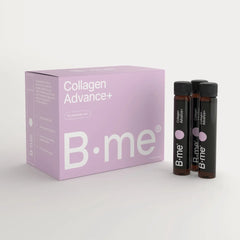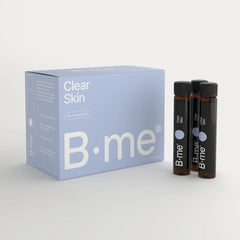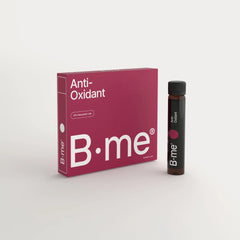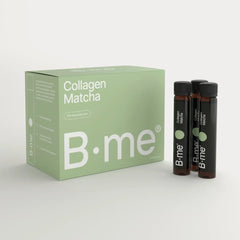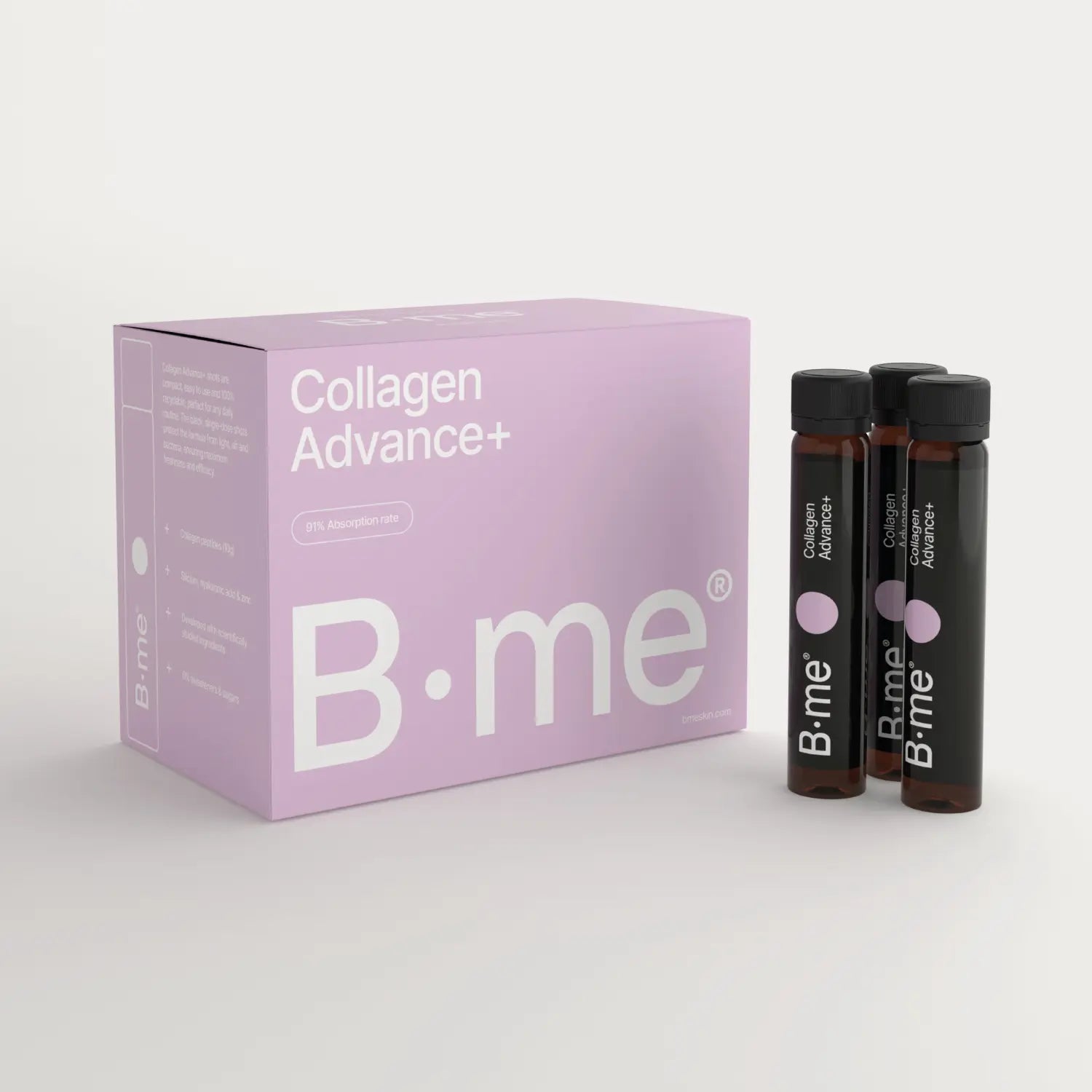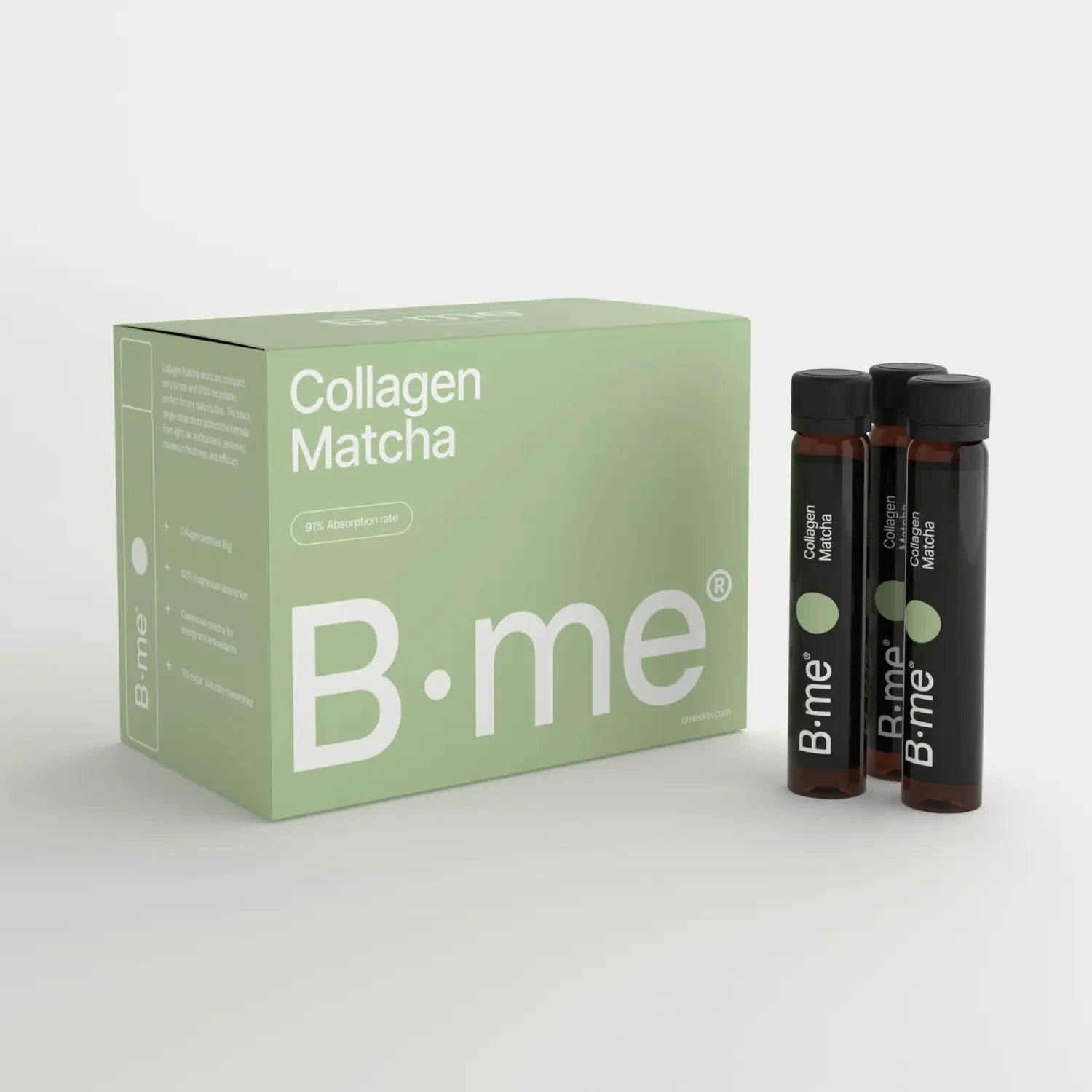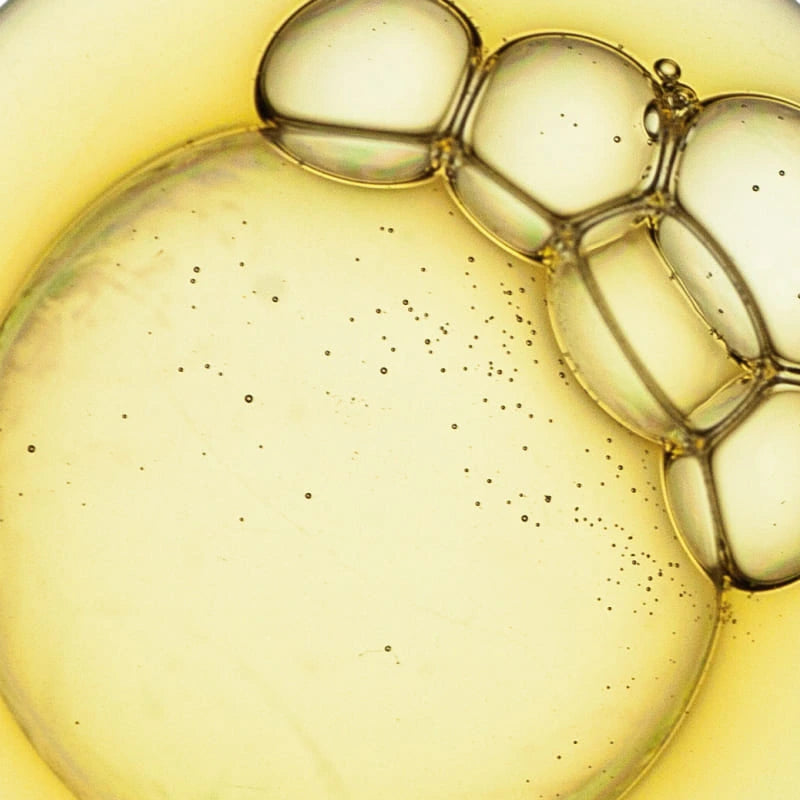
Why collagen?
Collagen is the most abundant protein in your body and essential for firm, supple skin. It also supports hair, nails, joints and connective tissue. From the age of 25, natural production gradually decreases, which can lead to wrinkles and loss of elasticity. Supplementing helps support your skin from the inside out.
All about hydrolyzed collagen
What is collagen?
expand_more
Collagen is the most abundant protein in the human body and an important building block for skin, hair, nails, bones, muscles and connective tissue. It provides firmness and elasticity and makes up about 30% of all proteins in the body. In the skin, collagen plays a crucial role in maintaining a firm and hydrated appearance.
What is hydrolyzed collagen?
expand_more
Hydrolyzed collagen, also known as collagen peptides, is broken down into smaller peptides through an advanced hydrolysis process, making it more absorbable by the body and supporting natural collagen production. Not all collagen supplements are hydrolyzed; non-hydrolyzed forms have a larger molecular structure, making them less absorbable.
How does collagen work
expand_more
Collagen peptides are broken down into smaller di- and tripeptides that are easily absorbed by the body. These peptides are further broken down into amino acids such as glycine, proline, and hydroxyproline, which are essential for healthy skin, joints, and connective tissue. Once absorbed, the peptides and amino acids are transported via the bloodstream to the tissues where they improve hydration, stimulate hyaluronic acid production, and support natural collagen synthesis, resulting in smoother, firmer, and healthier skin.
From what age do I need collagen supplementation?
expand_more
Natural collagen production decreases from the age of 25, on average by 1 to 1.5% per year. By the age of 40, your body produces about 25% less collagen, and by the age of 60, this can increase to 50%. This natural process can lead to less firm skin, fine lines and reduced elasticity.
What factors reduce collagen production?
expand_more
In addition to the natural aging process, external factors can affect collagen production, such as:
✔ UV radiation: Sunlight can accelerate collagen breakdown.
✔ Pollution: Harmful substances from the environment can contribute to oxidative stress.
✔ Lifestyle: Smoking, a sugary diet and excessive alcohol consumption can promote collagen breakdown.
A healthy lifestyle with a varied diet and sufficient hydration contributes to maintaining healthy skin and connective tissue.
Which collagen does B.me use?
expand_more
B.me uses hydrolyzed collagen peptides of high-quality bovine origin, type 1 and 3:
- Type 1 – The most abundant collagen in the skin, contributes to firmness and elasticity.
- Type 3 – Supports the structure and resilience of connective tissue.
Our collagen is sustainably produced and sourced from responsibly managed sources.
What is the difference between beef and fish collagen?
expand_more
Collagen in supplements is usually derived from fish or beef.
- Marine collagen: (from fish skin and scales) consists mainly of type I collagen, which is well-suited for skin, hair and nails.
- Bovine collagen: (from skin and bones) contains both type I and type III collagen, which also contributes to skin elasticity and connective tissue support.
Although fish collagen naturally has smaller peptides, it is mainly the degree of hydrolysis that determines how well collagen is absorbed. At B.me we use bovine collagen that is fully hydrolyzed, which makes it equally or even better absorbed than fish collagen. Based on studies, we see that bovine collagen provides up to 12% more skin hydration than marine collagen after 8 weeks.* In addition, bovine collagen is suitable for fish allergies, is often better tolerated and usually has a more neutral taste than marine collagen.
*Asserin et al. (2015), Vleminckx et al., Rousselot clinical data.
Why is collagen absorption important?
expand_more
Collagen is naturally a large protein that is difficult for the body to absorb in its original form. By hydrolyzing the collagen (breaking it down into smaller peptides), it becomes more absorbable.
B.me uses hydrolyzed collagen in liquid form, which ensures high biological absorption: it is absorbed faster, even within one hour, and is transported more efficiently to the skin and other tissues. Compared to powders or pills, this ensures 91% absorption and faster, targeted action from within.
Why drink collagen and not use a cream?
expand_more
Creams with collagen, on the other hand, have little effect, because collagen is a large protein that, even in hydrolyzed form, cannot be absorbed by the skin. The best way to effectively ingest collagen is through collagen-rich foods (such as meat, fish, bone broth, egg whites and avocado) or through high-quality supplements such as B.me Collagen Advance+ and B.me Matcha Collagen, which are optimally absorbed by the body.
Science behind collagen
expand_more
Extensive research has been done on hydrolyzed collagen and its effects when taken daily. Studies suggest that regular intake can contribute to improved hydration, elasticity and support of the skin structure. Collagen Advance+ contains 10g of hydrolyzed collagen per shot, a high dosage that is in line with the amounts used in various studies. *
*Asserin et al. (2015), Vleminckx et al., Kuninty et al., Rousselot clinical data.
Is collagen vegan?
expand_more
No, collagen occurs naturally only in animal tissues and cannot be obtained from plant sources.
When is the best time to take collagen?
expand_more
The key to success: consistency. The time of day you take collagen is less important than regularity. Collagen works best when taken regularly, whether that’s morning, noon or night. Once you stop taking it, collagen production slowly returns to its natural aging rate. So make collagen part of your daily routine and watch your skin, hair and nails transform. Choose a time that suits your lifestyle and make it a regular habit.
Our products with hydrolyzed collagen
Anti-aging
Glow & Energy
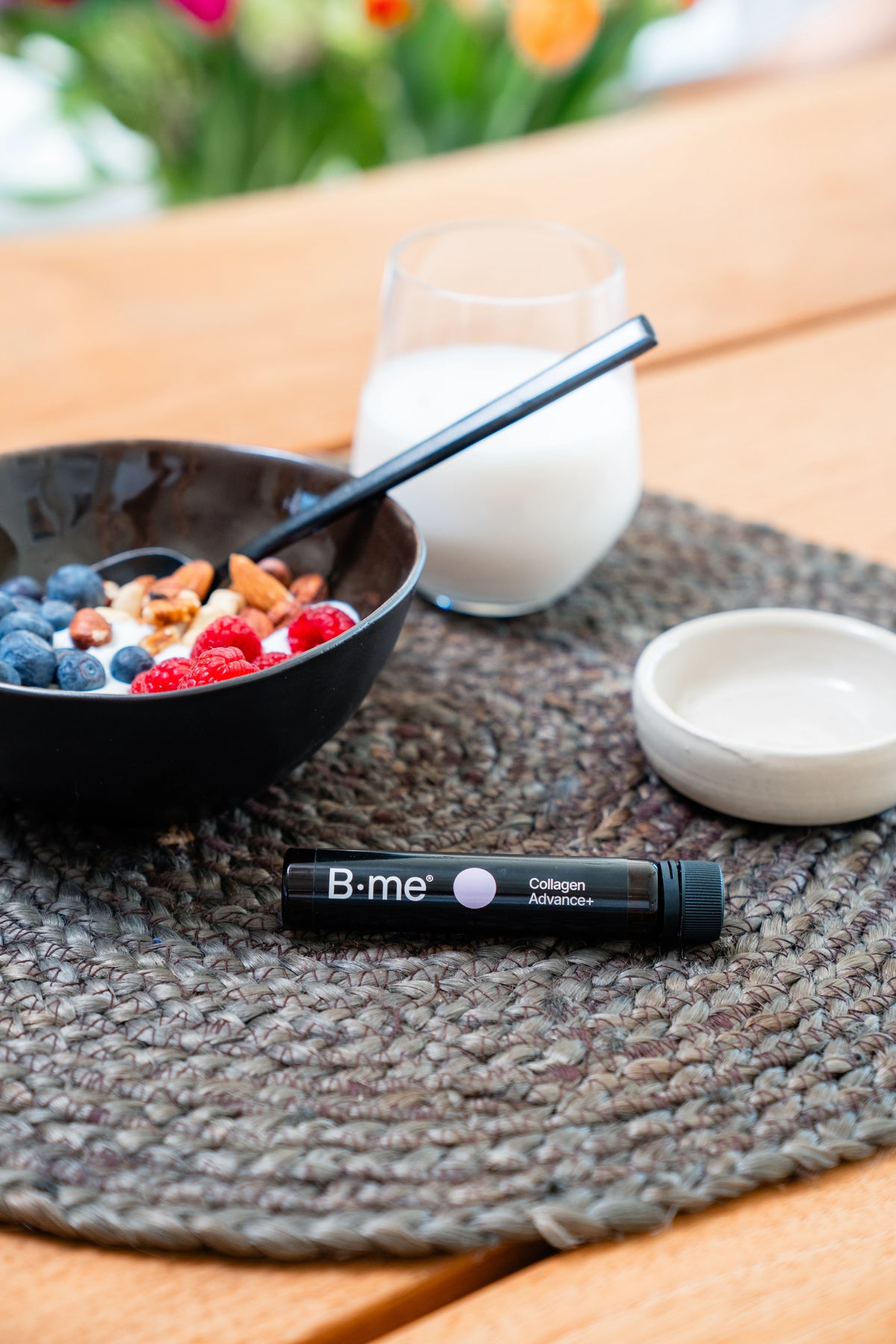
Why Collagen Supplementation Is Essential For Your Skin And Body
From the age of 25, natural collagen production decreases, which affects the firmness and elasticity of the skin. By taking hydrolyzed collagen daily, you support the natural production and maintain a hydrated, supple and healthy skin.
